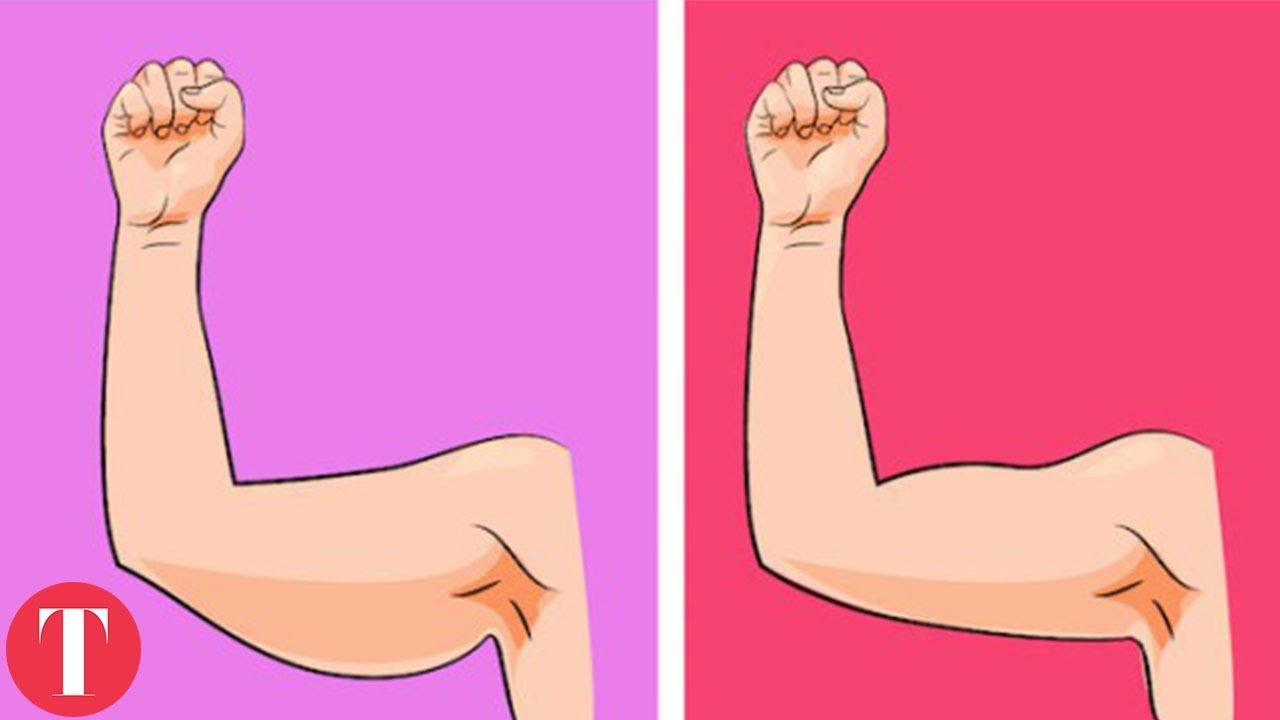What Happens To Your Body During Exercise?

10 Things that happen to your body during and after you work out.
If you’ve ever been into keeping in shape, you may not be surprised to know that your body will go through many changes. Other than looking better, what exactly is exercise doing for your brain and body? Well, from helping you with your number 2 problems, to reducing stress, these are 10 things that happen to your body when you exercise!
What physiological processes occur during exercise?
When we exercise, we experience a lot more than just an increased heart rate and sweaty palms. There are various intricate physiological processes that happen within our bodies that allow us to perform at our best during physical activity. Understanding these processes can help us maximize the benefits of exercise and optimize our fitness goals.
One of the most obvious changes that occur during exercise is an increase in heart rate. This is because our heart is working harder to supply oxygen and nutrients to our muscles. As we push our muscles harder, they require more oxygen to continue contracting, which in turn requires more blood flow. This results in a higher heart rate and greater blood flow to the muscles.
When our muscles are in action, they produce waste products such as lactic acid that can cause fatigue and discomfort. However, our bodies have a few tricks up their sleeves to handle this. One of them is the release of endorphins, which are hormones that help to relieve pain and create a sense of euphoria. This is why many people feel better after a workout, even though they may have pushed themselves quite hard.
Another notable change that occurs during exercise is an increase in respiration rate. Our lungs work harder to take in more oxygen, which is then transported to the muscles via the bloodstream. This process is aided by specialized cells in our blood called red blood cells, which carry oxygen to the muscles and help to remove waste products such as carbon dioxide.
Furthermore, exercise also triggers an increase in metabolism. Metabolism refers to the sum of all the chemical reactions that occur within our bodies to keep us alive. When we exercise, our muscles require more fuel to continue working, leading to a higher metabolic rate. This is why regular exercise can help us achieve weight loss goals and maintain a healthy weight over time.
Finally, exercise also has a significant impact on our mental health. Besides releasing endorphins, exercise also helps to regulate cortisol, a hormone that causes stress. Cortisol can have harmful effects on our bodies when it is released in excess, but exercise helps to keep these levels in check. Additionally, regular exercise has been linked to improved mood, reduced symptoms of anxiety and depression, and even enhanced cognitive function.
In conclusion, exercise is a complex process that involves many physiological changes and interactions within our bodies. From an increase in heart rate and respiration, to the production of endorphins and regulation of cortisol, exercise has extensive effects on our physical and mental health. Understanding these changes can help us optimize our workouts and achieve our fitness goals more effectively.
Warning: Trying to access array offset on value of type null in /srv/users/infosearched-network/apps/infosearched-network/public/wp-content/themes/rehub-theme/functions/review_functions.php on line 499
Warning: Trying to access array offset on value of type null in /srv/users/infosearched-network/apps/infosearched-network/public/wp-content/themes/rehub-theme/functions/review_functions.php on line 503









What Really Happens Behind The Scenes At The World Cup
Stars With Seriously Shady Significant Others
10 Celebrities You Didn’t Know Were Gay
We Now Understand Why Andrew Garfield Was Replaced As Spider-Man
10 Celeb Friends Who Dated The SAME PERSON